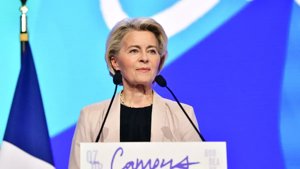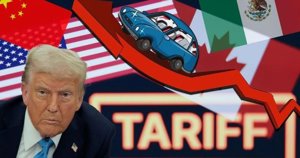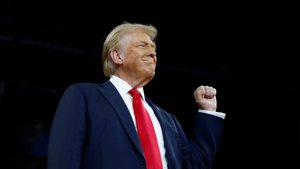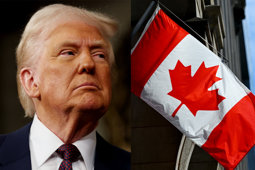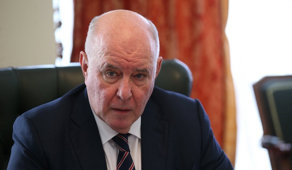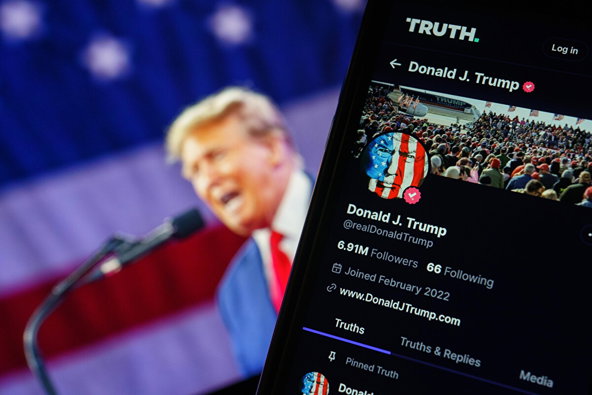
Trump Declares U.S. Liberation Day
Washington, D.C. – U.S. President Donald Trump took to Truth Social on Friday to declare April 2 as “Liberation Day” for the United States, promising a dramatic shift in America’s global trade posture. Trump’s bold statement comes as a new reciprocal tariff policy is set to take effect, aimed at countering decades of what he calls unfair treatment by foreign nations.
“April 2nd is Liberation Day in America!!!” Trump wrote. “For DECADES we have been ripped off and abused by every nation in the World, both friend and foe. Now it is finally time for the Good Ol' USA to get some of that MONEY, and RESPECT, BACK. GOD BLESS AMERICA!!!”
The upcoming tariff policy is designed to impose equal or higher tariffs on countries that have placed similar restrictions on American exports. It represents a cornerstone of Trump’s broader economic strategy to bolster domestic industries, reduce the trade deficit, and assert stronger leverage in global trade relations.
Trump’s rhetoric underscores his long-standing narrative that previous administrations allowed the U.S. to be economically exploited through lopsided trade agreements. By invoking “Liberation Day,” the president frames the policy shift not just as a financial recalibration, but as a patriotic and historical turning point.
Though the administration has yet to release full technical details of the policy, officials suggest it will initially target key sectors like steel, technology, and agriculture — industries Trump has frequently championed as the backbone of American strength.
The announcement has already drawn both praise and criticism. Supporters say it’s a necessary correction to years of imbalance, while critics warn of potential retaliation and global trade disruption. Nevertheless, Trump appears committed to seeing the U.S. assert its interests more aggressively.
April 2 is now marked as a symbolic date on the Trump administration’s economic calendar — a day the president promises will be remembered for restoring America's rightful place in the world economy and reclaiming what he describes as long-lost national respect and financial power.

